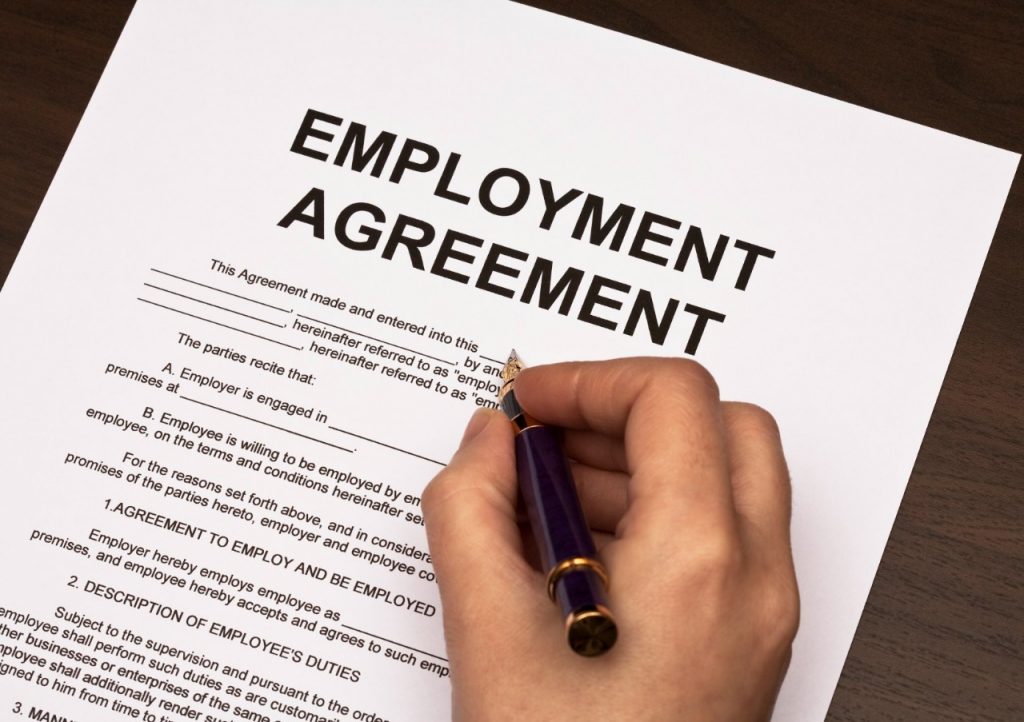An employee relations service in Canada is an agency that helps employees and employers resolve disputes. Its responsibilities include establishing collective agreements, administering them day-to-day, and interpreting them. It also handles disputes and grievances. In addition, it administers the rights and obligations of labor, employee relations, and management under the Canada Labour Code and other laws.
Managing the day-to-day administration of collective agreements/contracts
Managing the day-to-day administration and interpretation of collective agreements/contracts is a critical aspect of labor relations. It allows employers to protect the rights of their employees while ensuring that their business runs smoothly. But if you don’t know how to handle these agreements, you could accidentally give away important rights. Make sure to only take actions that follow the clear and unambiguous language of the executive compensation. Otherwise, the actions you take may be legally binding in future situations.
The language of collective agreements/contracts is often carefully drafted, but it’s important to pay close attention to context and the specific language in order to avoid inconsistency. Otherwise, you could find yourself in trouble with grievances.

Interpreting collective agreements/contracts
Collective agreements reflect the final consensus reached the bargaining table. It is important for employers to interpret them carefully to avoid conflicting interpretations and grievances. It is important for employers to pay careful attention to both the context and specific language in the agreements. A collective agreement should include a grievance procedure to address issues that may be raised during a labor dispute.
In addition, a collective agreement must include a provision for final settlement, such as arbitration or some other dispute resolution method. It is imperative that such a provision is in the collective agreement so that the employer and employees can reach an agreement without further delay or interruption.
Resolving grievances
There are several options available to resolve employee grievances. The union and the employer can try to resolve the issue themselves, or refer the grievance to a third party, such as an arbitrator or board of arbitration. If neither of these options works, the employee may refer the grievance to a Ministerial panel to resolve the matter. In this process, a neutral third party hears the evidence and submissions of the union and employer and issues a decision.
Using a third party to resolve a grievance has its advantages. The grievance file must be complete and accurate. Using a third party can avoid the need for lengthy, repetitive paperwork. It is important to remember that not all grievances are adjudicated.

Dispute prevention
The Federal Mediation and Conciliation Service (FMCS) is a government service that helps employers and unions resolve workplace conflict. Their goal is to prevent labor disputes and improve workplace relations. The FMS offers dispute prevention workshops and grievance mediation. This service helps organizations identify and resolve workplace conflicts through negotiation, mediation, or informal discussion.
An employee relations service can help organizations avoid conflicts between employees and employers by providing advice and training to prevent them in the first place. These services also help resolve workplace conflicts by facilitating informal mediation between employers and employees. Many disputes can be resolved without the need for formal mediation, but certain situations may call for more intense intervention. For example, an employee relations service can provide guidance on how to deal with issues related to executive compensation. Successful dispute resolution is often characterized by mutual respect, the ability to exchange information, and the willingness to approach conflict in a constructive manner.
Arbitration appointments
The federal government’s Mediation and Arbitration Service provides services in Canada related to labor and employment disputes. These services can help employers resolve disputes and negotiate deals without resorting to litigation. They offer training workshops and arbitration appointments. And there are some specialized services that can help employers resolve their disputes more quickly and efficiently.
An arbitrator is an independent third party who reviews the facts of a dispute and renders a binding decision. The Federal Mediation and Conciliation Service coordinates the appointment of arbitrators. Employee relations disputes can be resolved through arbitration, including disagreements about collective agreements. Whether or not to refer a grievance to arbitration depends on the circumstances and nature of the grievance. To initiate arbitration, an employer or employee must fill out a Request Form. The Request Form will also include a list of all the required documentation. It is important to retain a copy of the Request Form for future reference.


